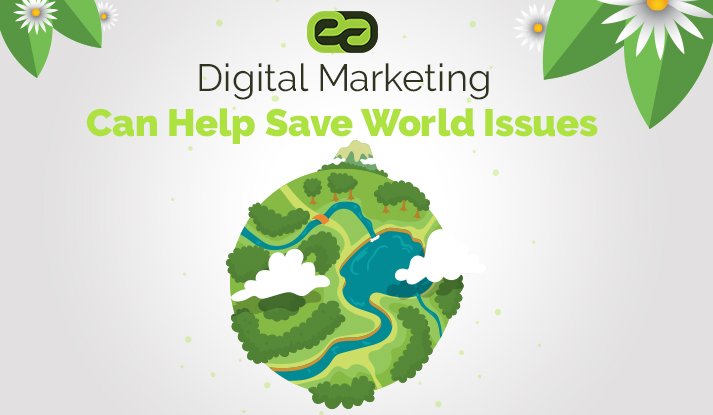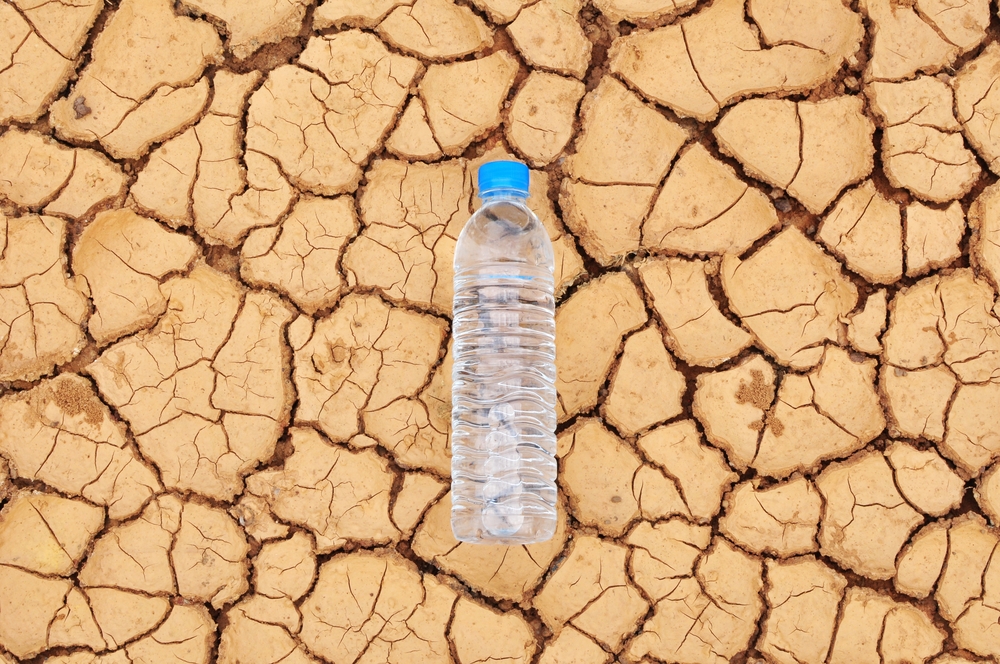
Digital Marketing Can Help Save World Issues

In honor of Earth Day, we have decided to focus on four main global initiatives that need our attention. These important environmental issues are water, education, landfill, waste and food shortage and each of these issues have an approximate monetary value attached to solving them. The monetary value may look immense at first glance but if it is broken down into everyday spending and activities, you will find that the price is not too hefty. We have decided that the best way to show you these issues is through media usage and spend.
Social Media Communities Can Contribute and Solve the Water Crisis of the World

The World Health Organization estimated that it would cost around $22.6 billion per year to provide everyone access to cleaner and much improved water and sanitation services. Statistics show that a total of 1.1 billion people in the planet are living without any improved water sources and another 2.4 billion people don’t have any access to modern and improved sanitation. The cost to solve the water and sanitation problem may be monumental for one person but imagine if every single member of the social media would contribute collectively, then the $22.6 billion would just be an easy pocket change. Below are some of the ways on how the social media community can generate enough money to allow every person on the planet access to clean water and sanitation services.
- Every Facebook user should donate $0.38 cents per day
- Every tweet that was sent in 2015 would cost $0.12
- If we would pay $7 on every impression on Instagram
Do We Spend More on Digital Ad or Litter Clean Up?
Littering may not seem as a huge problem compared to other environmental issues, but in reality, it is a costly problem. The cleanup cost alone in the US is estimated at $11.5 billion each year. The numbers may look staggering, but did you know that the amount spent on display advertising is 23.5 times more costly? When it comes to social media advertising, the cost is approximately 10 times greater than the total spending of the US states, cities and counties on litter cleanup and abatement.
Tablet and Smartphone Users Providing Basic Education for Everyone

The Center for Universal Education estimates that it would need $54 billion to provide basic education to all low-income and lower-middle income countries. This is truly a huge number and it is currently not met by world spend. However, if we take into consideration all the tablet and smartphone users around the world, here is what can happen:
- If every tablet owner donates 13% of the average cost of a tablet or $54, it can generate enough money to provide basic education for low-income and lower-middle income countries.
- If every smartphone owner in the world donates $25, or just under 4% of the average cost of a smartphone, the $54 billion cost can be covered.
World Hunger and Messaging Apps

The last issue we want to tackle is world hunger. The United Nations reveal that it would cost $30 billion per year to solve this global problem. We can compare this to the surging industry of messaging apps. It is estimated that the amount of users for the messaging app will double in the next 5 years, which means that the forecast value is going high up. Studies show that by 2020, the approximate revenue from messaging apps like WeChat, WhatsApp and Messenger is 67% of the total cost to solve world hunger. So let us break it all down and see how messenger apps users can solve world hunger. We can solve world hunger if:
- Every Line user donates $10.50 per month
- Every Messenger user donates $3.50 per month
- Every WhatsApp user donates $3.10 per month
- Every WeChat user donates $4.20 per month
There is a lot of money involved in solving these world issues but it is not impossible to put up this amount. It is quite astonishing to learn that advertisers spend 25 times more on social media advertising than all the US business spend on litter clean up. Earth Day reminds us that everyone can do his or her part. The ideas we’ve highlighted above are only suggestions but there are still many ways that you can contribute to solve global issues. Even the little things you do every day can help with our environmental issues such as recycling waste, walking to work, not using plastic bags and switching off lights and appliances when not in use. Your actions, even though it’s small, can make a big difference.

